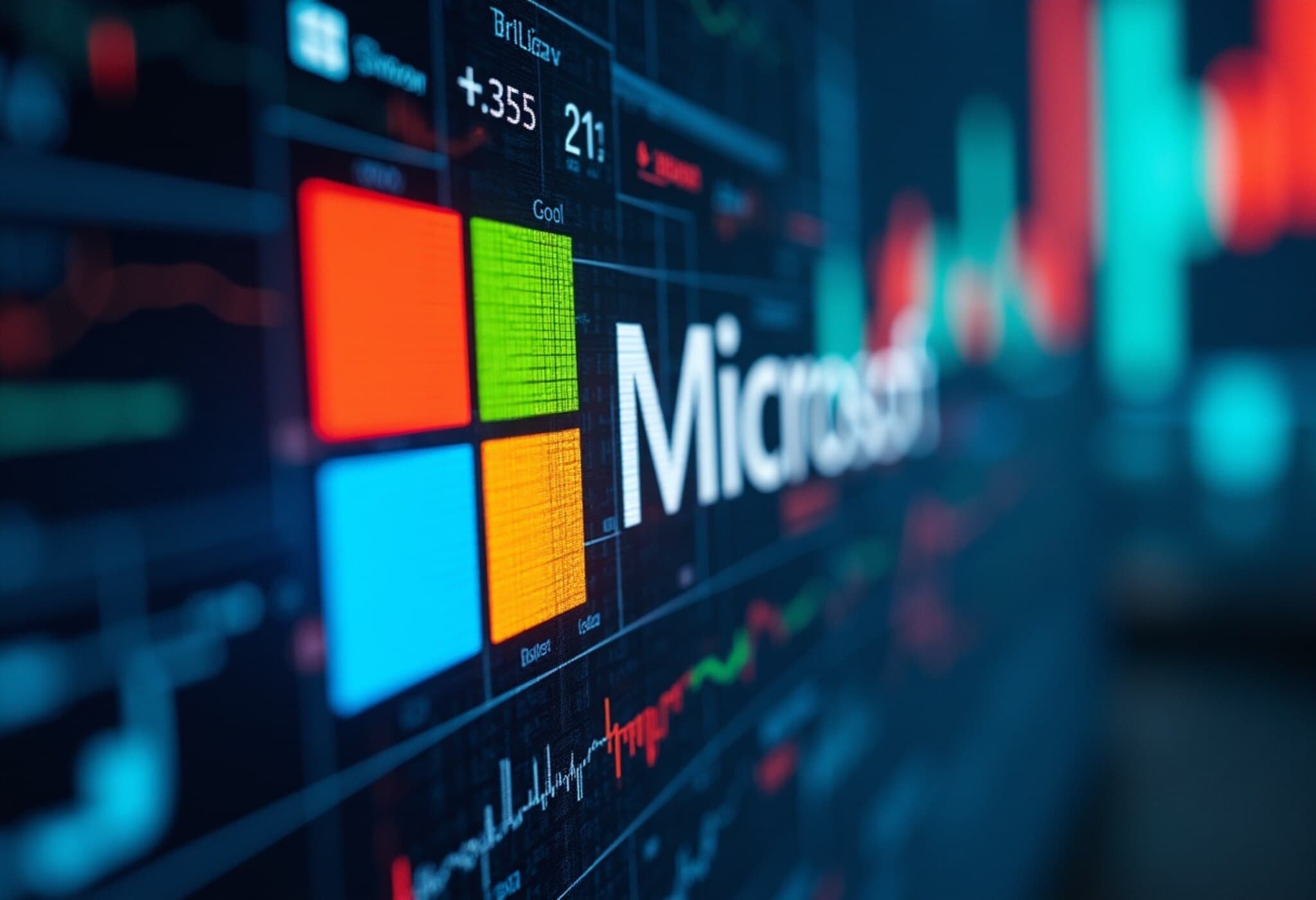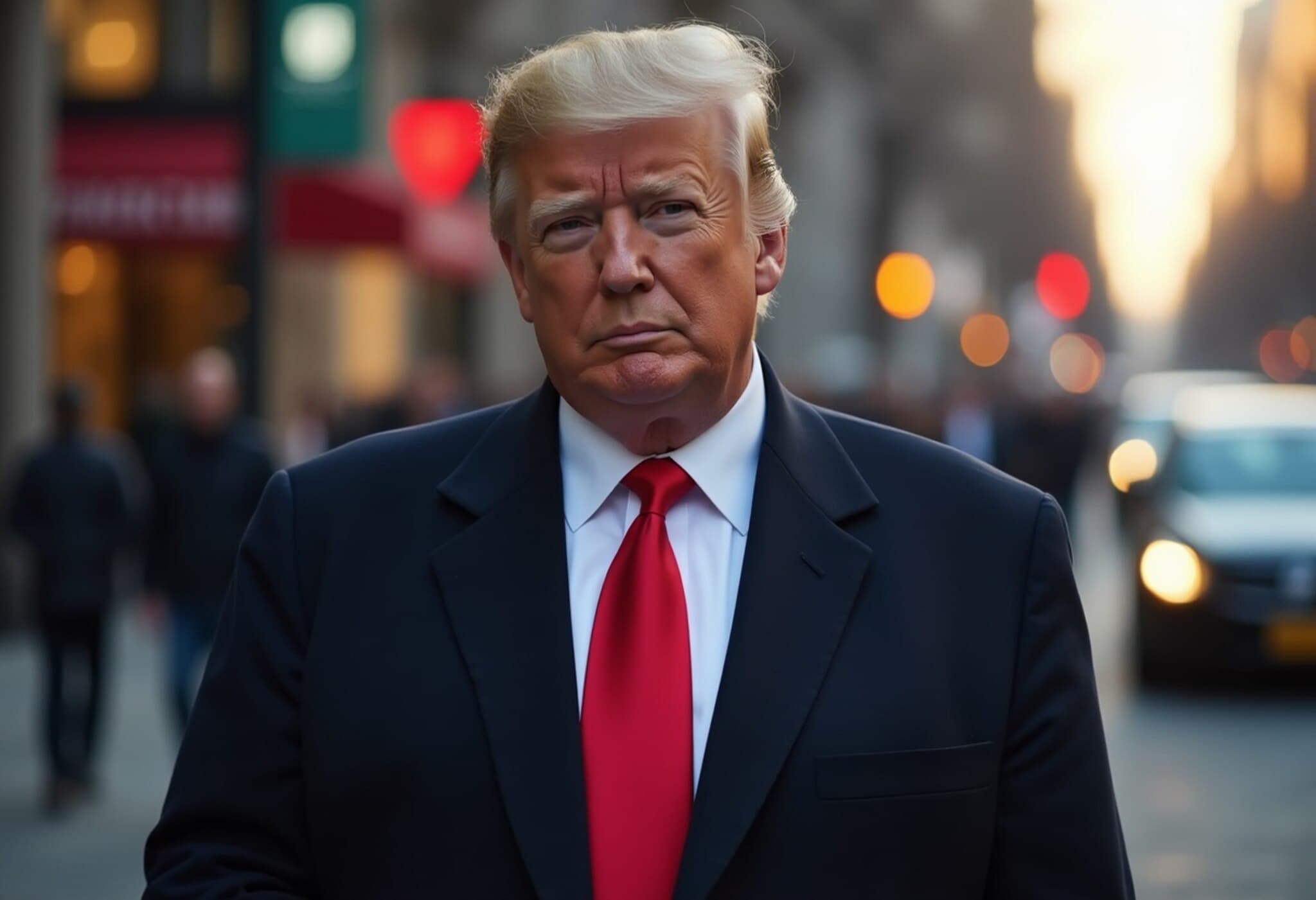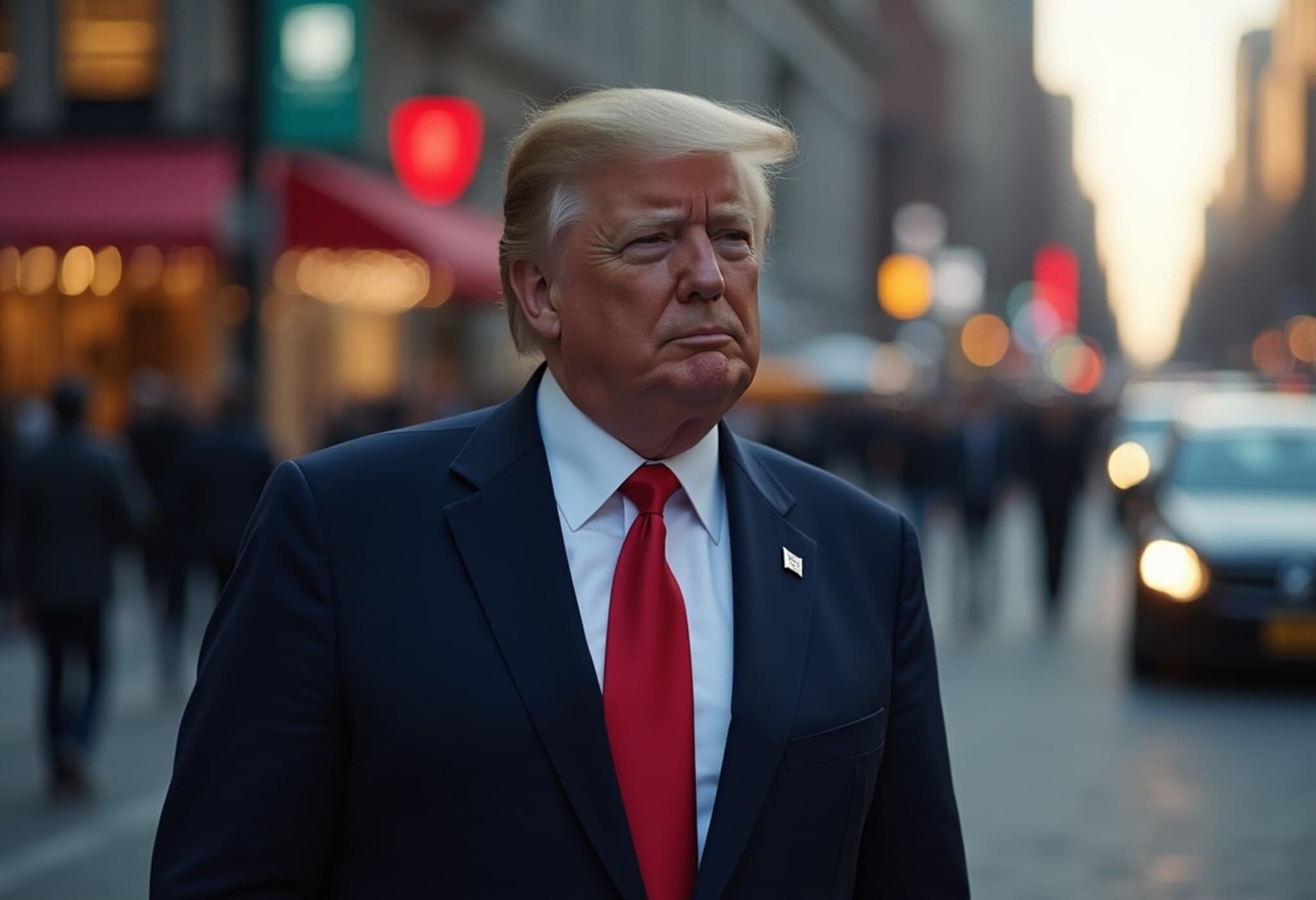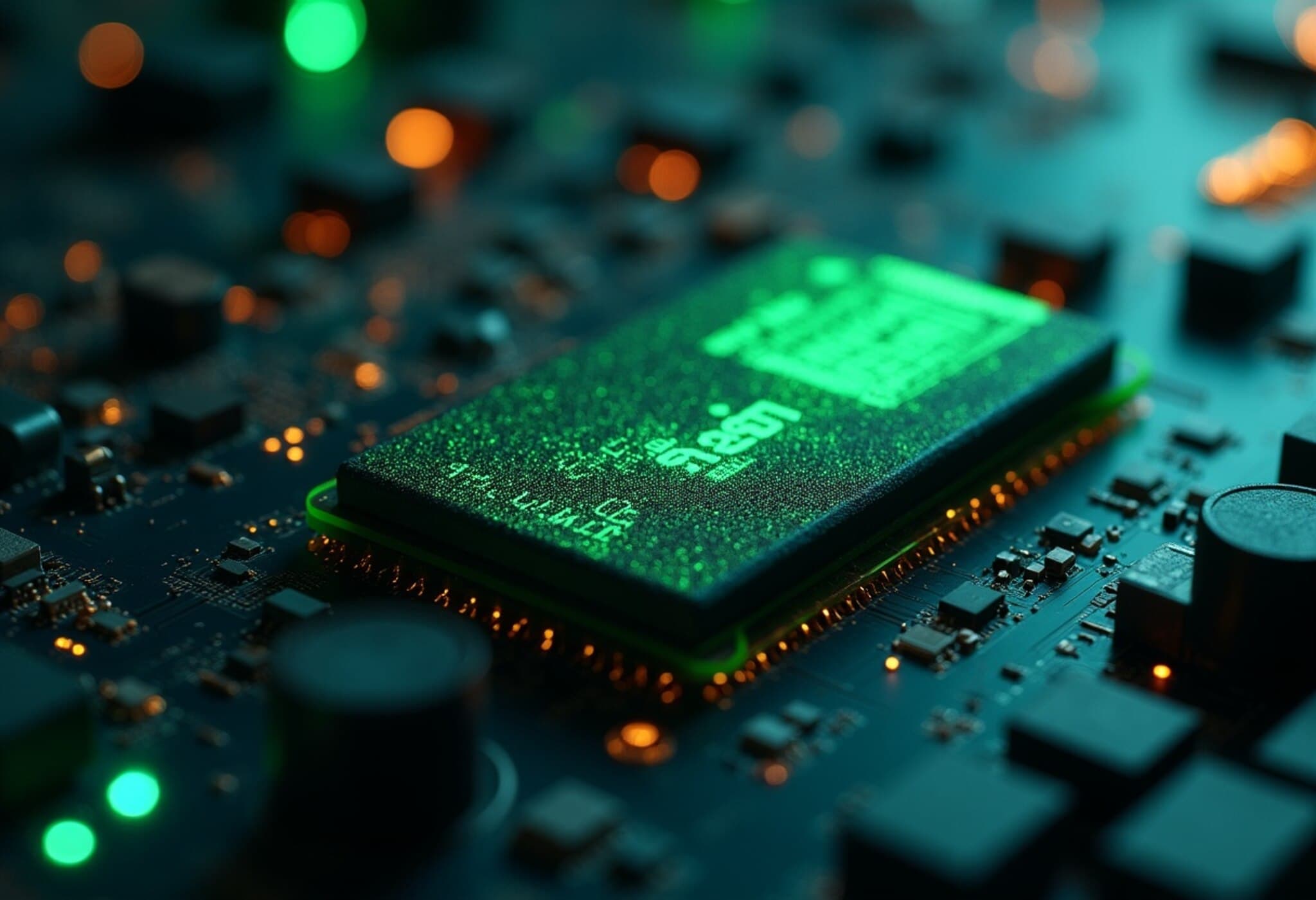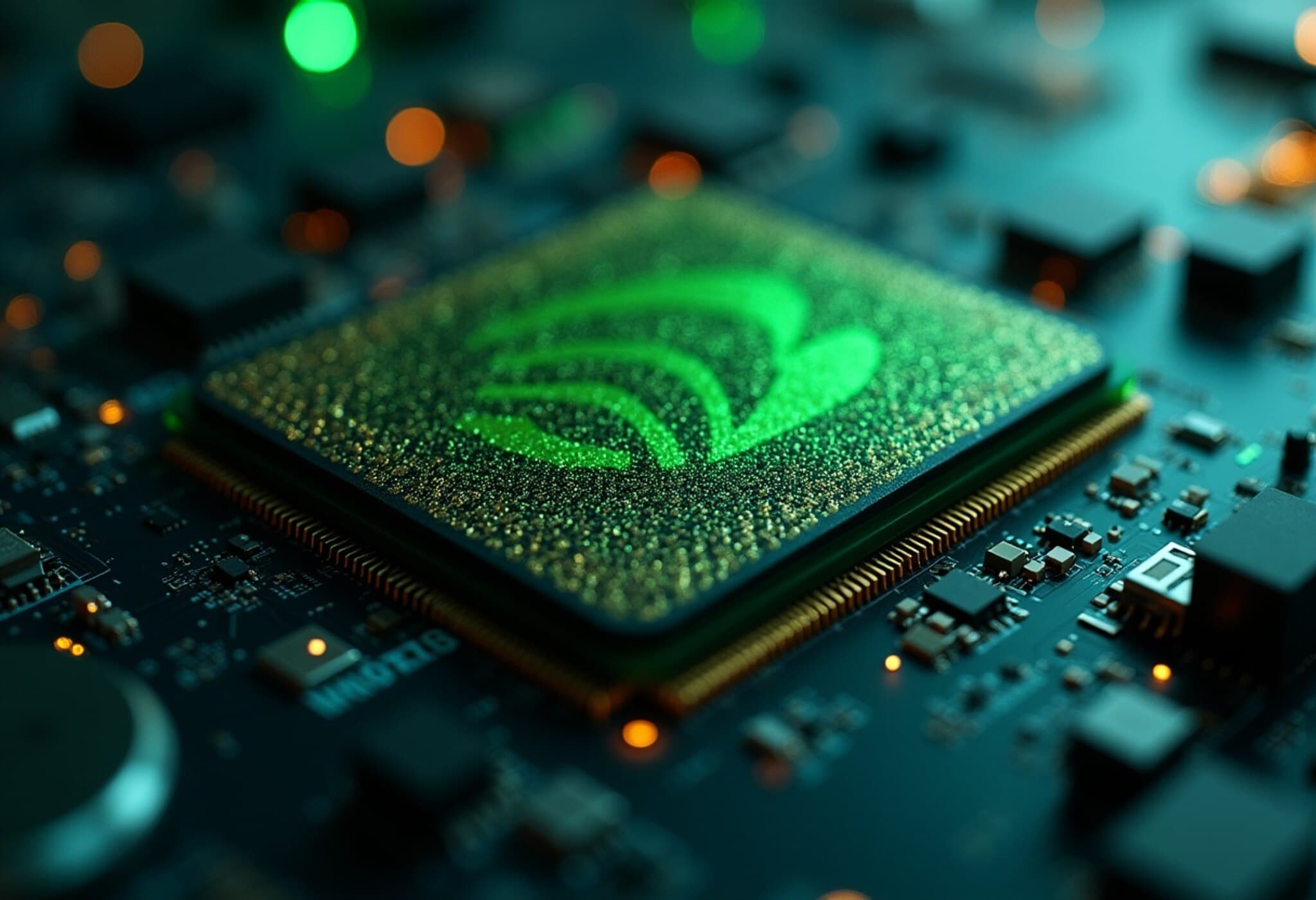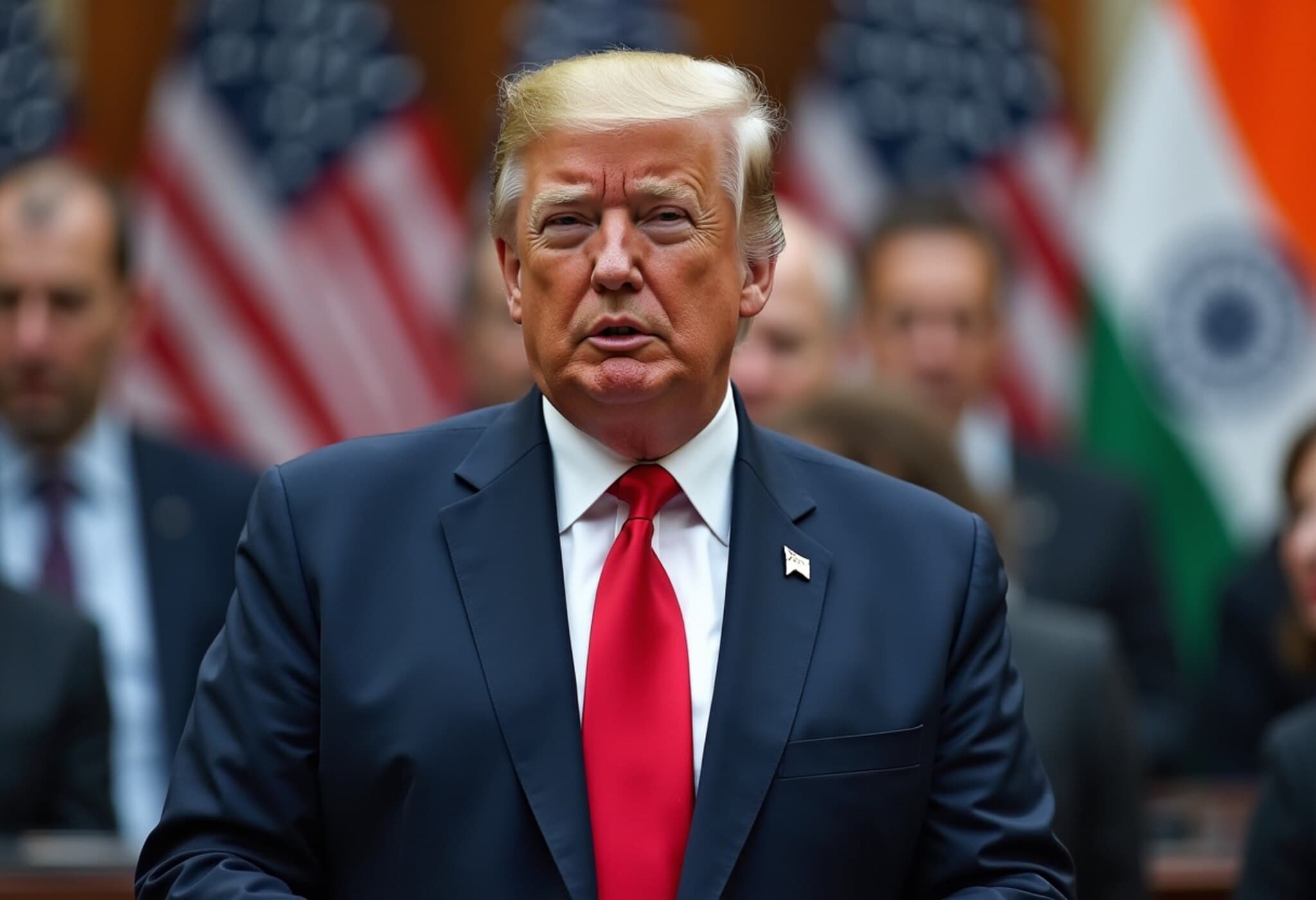Microsoft Hits $4 Trillion Market Cap Amidst Tech Sector Boom
In a landmark moment for the technology sector, Microsoft climbed to a staggering $4.01 trillion valuation on Thursday, becoming only the second publicly traded company to reach this exclusive threshold—joining Nvidia, which recently crossed the same valuation barrier. This achievement reflects a significant rebound and growth period for Microsoft, driven by strong earnings reports and strategic investments in artificial intelligence and cloud computing.
Stock Surge Driven by Robust Earnings and AI Expansion
Since the start of 2025, Microsoft’s shares have soared about 28%, and impressively, bounced back almost 50% since hitting lows in April following international trade tensions linked to former President Trump's tariff policies. Investors’ confidence grew further after Microsoft reported a robust quarterly performance on Wednesday, including strong sales in its Azure cloud services and ambitious plans for expansion.
Of particular note has been Microsoft’s aggressive investment in AI technologies. The company revealed a projected $30 billion in capital expenditure for the current fiscal quarter, aimed at accelerating growth in its AI-powered products and services. The newly launched Microsoft Copilot AI has notably catalyzed significant growth within the Microsoft 365 enterprise suite, underscoring the company’s commitment to embedding AI deeply into everyday workflows.
Contextualizing Microsoft’s Valuation Milestone
Reaching the $4 trillion market cap comes just 18 months after Microsoft celebrated surpassing the $3 trillion mark, highlighting swift and sustained growth. For perspective, Apple—the tech giant often considered a benchmark for market valuation—was last valued at around $3.12 trillion, while Nvidia recently became the first to surpass $4 trillion.
This flourishing of tech supergiants coincides closely with recent breakthroughs in US trade talks ahead of the looming August 1 tariff deadlines, helping to steady investor nerves. The positive sentiment flowed into the broader market, with both the S&P 500 and Nasdaq reaching record highs, underpinning the health of the U.S. equity markets amid geopolitical uncertainties.
Expert Perspective: What This Means for Investors and the Economy
- Artificial Intelligence as the New Growth Engine: Microsoft’s heavy capital spending signals a strategic pivot, banking on AI to fuel future growth. Analysts predict that AI integration will continue to reshape corporate productivity tools and cloud infrastructure.
- Market Resilience Amid Trade Tensions: The strong rebound following trade-policy fears highlights adaptability in tech stocks and the underlying strength of the innovation economy in the U.S.
- Implications for Market Concentration: Such astronomical valuations raise questions about market concentration risks and the influence a handful of mega-cap tech firms have on index performance and market dynamics.
While Microsoft's achievement showcases the optimistic horizon for technology, it also underscores broader themes around globalization, regulatory scrutiny, and the role of cutting-edge technology in everyday life. The coming years will test how these giants balance growth, innovation, and societal impact.
Editor’s Note
Microsoft’s ascent to a $4 trillion market capitalization not only highlights the meteoric rise of AI and cloud technology but also signals a pivotal moment in the evolution of global markets. As investors and policymakers watch closely, this milestone prompts critical questions about economic inclusivity, sustainability, and the regulation of tech supremacy. What strategies will Microsoft and its peers deploy to navigate competition, innovation, and governance? And how will this influence the broader economy and workforce dynamics?

